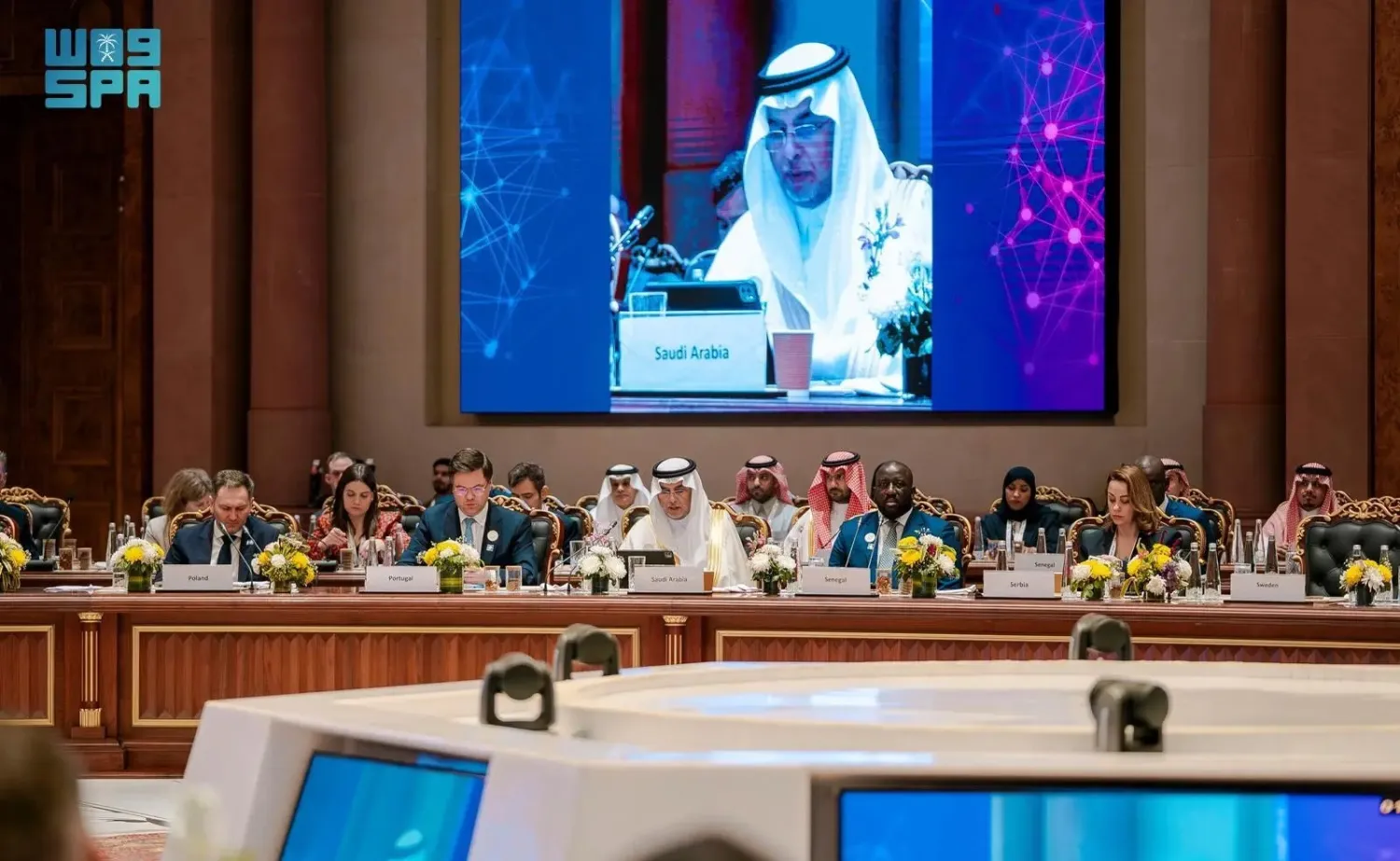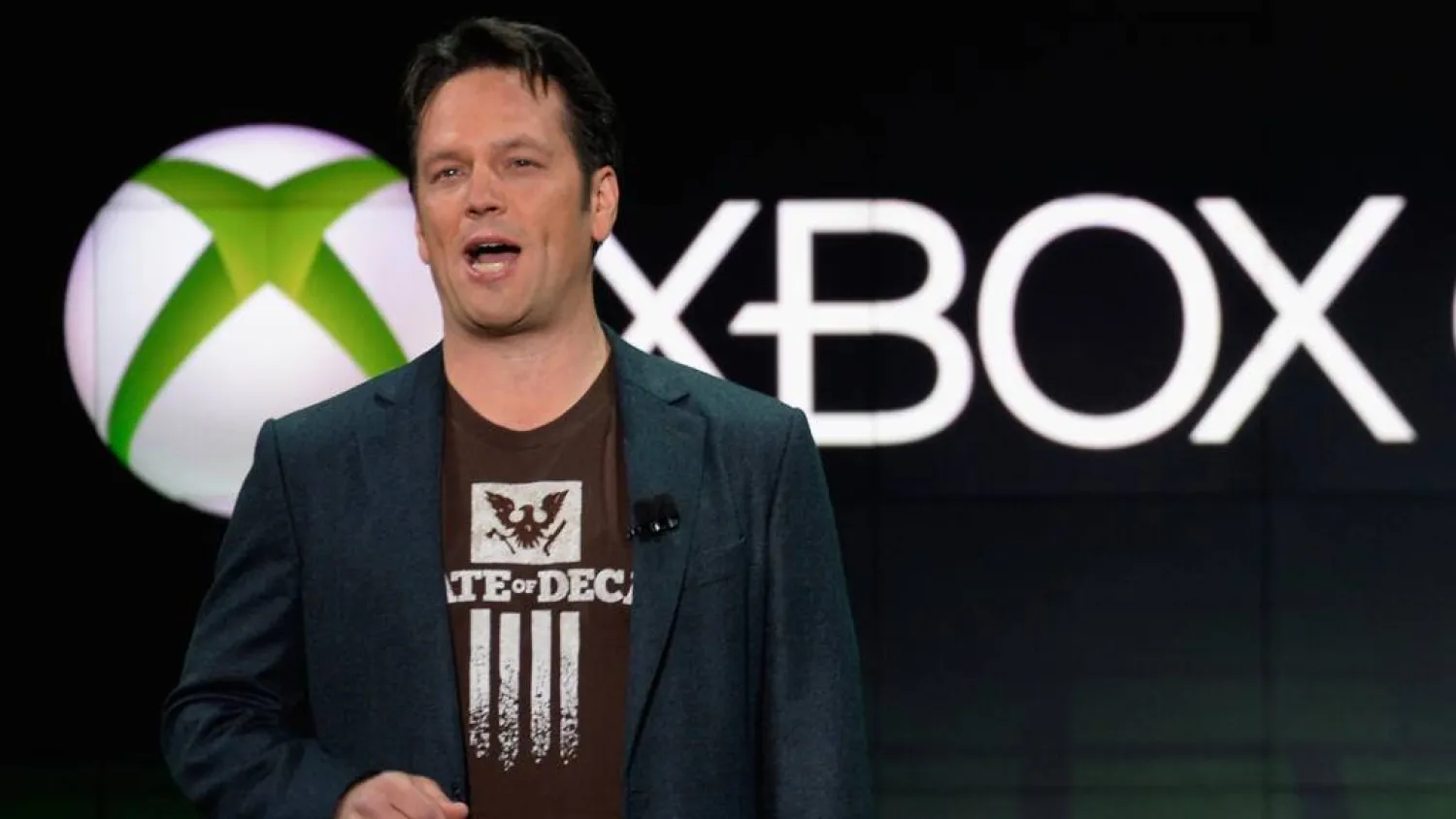A group representing self-driving car companies on Tuesday called on the US government to do more to speed the deployment of autonomous vehicles and remove barriers to adoption.
"The federal government is the one that needs to lead when it comes to vehicle design, construction and performance, and we just have not seen enough action out of the federal government in recent years," Jeff Farrah, who heads the Autonomous Vehicle Industry Association, said in an interview.
The group includes Volkswagen Ford, Alphabet's Waymo, Amazon.com's Zoox, Uber and others, Reuters reported.
The group released a policy framework calling on the US Department of Transportation (USDOT) to "assert its responsibility over the design, construction, and performance of autonomous vehicles and increase its efforts in key areas."
The group added that "federal inaction has created regulatory uncertainty" and warned China is determined to take the United States lead on autonomous vehicle technology.
"We want to make sure there is a clear pathway to getting these next-generation vehicles on the road," said Farrah.
"We have been frustrated by the lack of progress."
In December 2023, the group and others called on the USDOT to do more.
Transportation Secretary Pete Buttigieg said in an interview on Monday the government was ensuring that self-driving cars would be much better than human drivers.
"I think being very rigorous in these early stages is helping these technologies start to meet their potential to save lives," Buttigieg said, adding the oversight would boost public acceptance.
The industry faces scrutiny after a pedestrian was seriously injured in October 2023 by a General Motors Cruise vehicle. The USDOT has opened investigations into self-driving vehicles operated by Cruise, Waymo and Zoox.
The autonomous vehicle group wants Congress to clarify human controls are unnecessary in automated vehicles meeting performance standards and allow companies to disable a self-driving vehicles' manual controls. It also called for creating a national AV safety data repository that would be available to state transportation agencies.
Last month, the USDOT proposed streamlining reviews of petitions to deploy self-driving vehicles without human controls like steering wheels or brake pedals.
Efforts in Congress to make it easier to deploy robotaxis on US roads without human controls have been stymied for years but may be boosted when President-elect Donald Trump takes office.
Reuters and other outlets have reported Trump wants to ease deployment barriers for self-driving vehicles. Tesla CEO Elon Musk, a close adviser to Trump, said in October the automaker would roll out driverless ride-hailing services in 2025.









